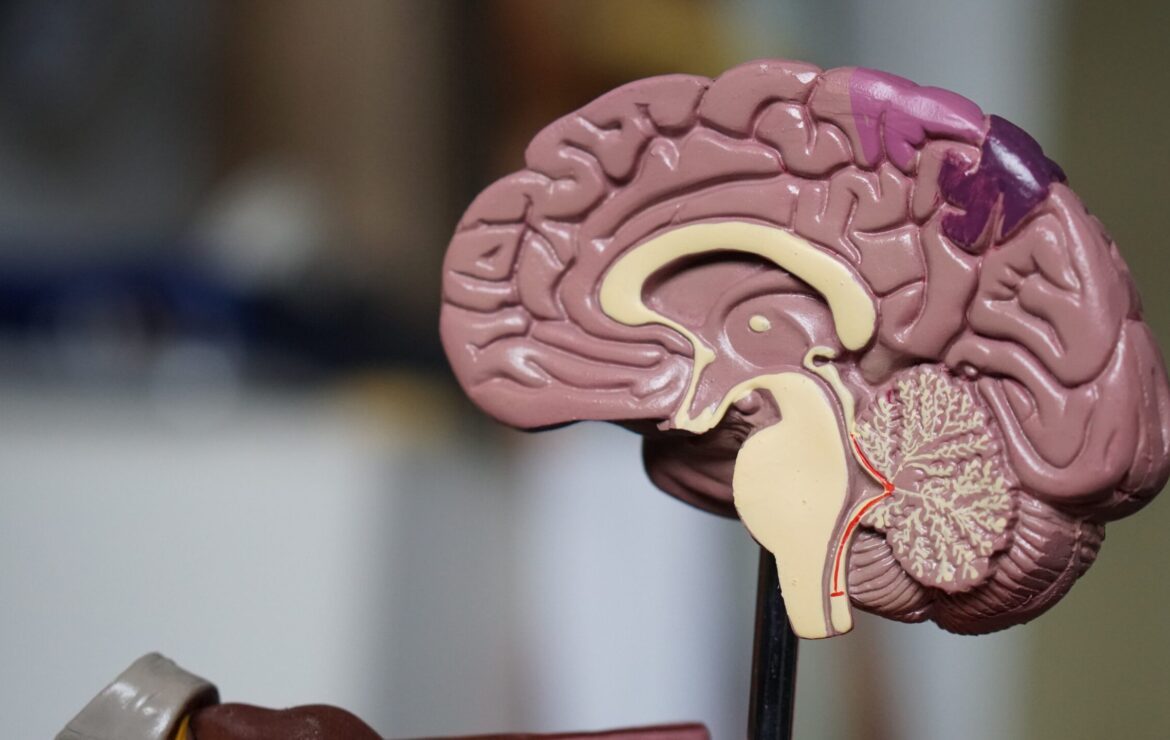It’s All In Your Head – Managing A Brain Injury

The scene, if you will, is a large sunlit physical therapy suite. Gathered at one end are a group of about a dozen or more people. Some in chairs, wheelchairs, standing. Among the group are few physical therapists and occupational therapists. There’s a very real bond between survivors of brain injuries, spinal cord injuries, and their allies in rehab.
The day is near its end, and the conversation is open, warm, and interesting. There is a very real comradery between those who are in rehab, and those who provide the rehab. They are in the trenches together in the fight for independence.
In this instance, it was the answer a survivor named Jeff gave to a question someone asked that lit up the room with warm laughter and heartfelt identification.
Jeff was in his twenties when he had a motorcycle accident. He suffered a TBI (Traumatic Brain Injury). For the record, an ABI (Acquired Brain Injury), is any brain injury that happens after you’re born, no matter how it is caused. TBIs are a specific subset of ABIs. TBIs are brain injuries that result from a physical blow to the head of some kind.
Jeff faced the challenge of learning to walk again and the cognitive challenge of managing short-term memory loss. Like a number of others facing similar challenges, Jeff, went to physical and cognitive therapy.
Anyway, the question someone asked Jeff was, what was more important to him, his physical therapy or cognitive therapy?
Jeff smiled and said, “Well, I’ll tell you. If I walk from this side of the room to that side of the room, and I don’t why the hell I just did that…”
That’s all he had to say. As I said, laughter and heartfelt identification lit up the room.
Everyone got it. Got what, you ask? This, I say.
You’re 27 years old. You know who you are. You know you’ve been in an accident. You don’t remember it. You know your brain is damaged because they told you it was. And you know that must be true because there’s a big scar on your head from your brain surgery.
You survived that too.
Someone opening your head, physically trying to clean the wound in your brain and get all the blood out. They removed a large subdural hematoma, you’re told. (Something deep inside you decides Subdural Hematoma must be the name of a superhero.)
You remember all of your childhood, but you can’t remember the past five minutes much less the last hour with any form of ease. Enter cognitive therapy, and now, back to Jeff’s answer to which was more important, cognitive therapy or physical therapy.
“If I walk from this side of the room to that side of the room, and I don’t know why I did that…”
Sounds a bit different than it did the first time you read it.








